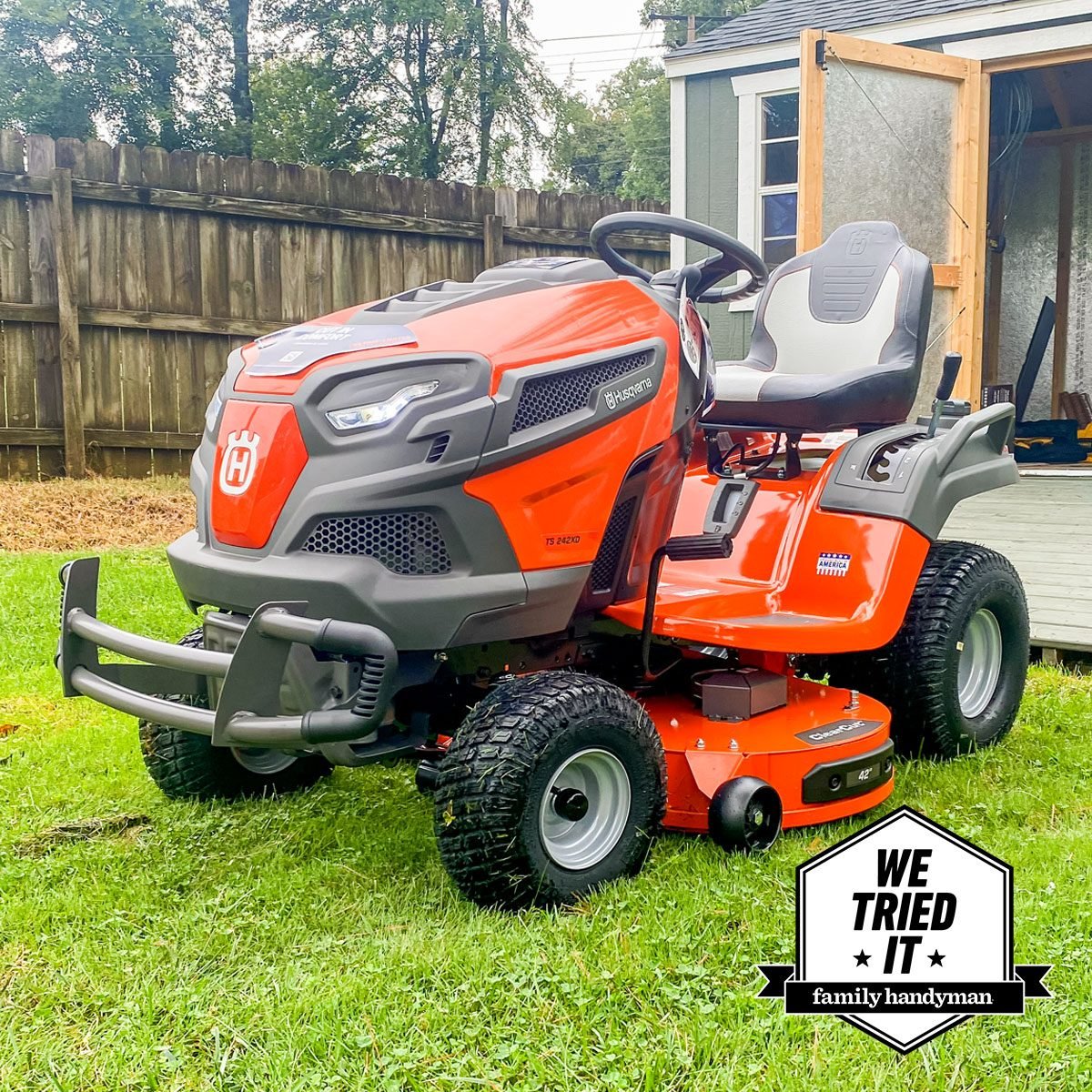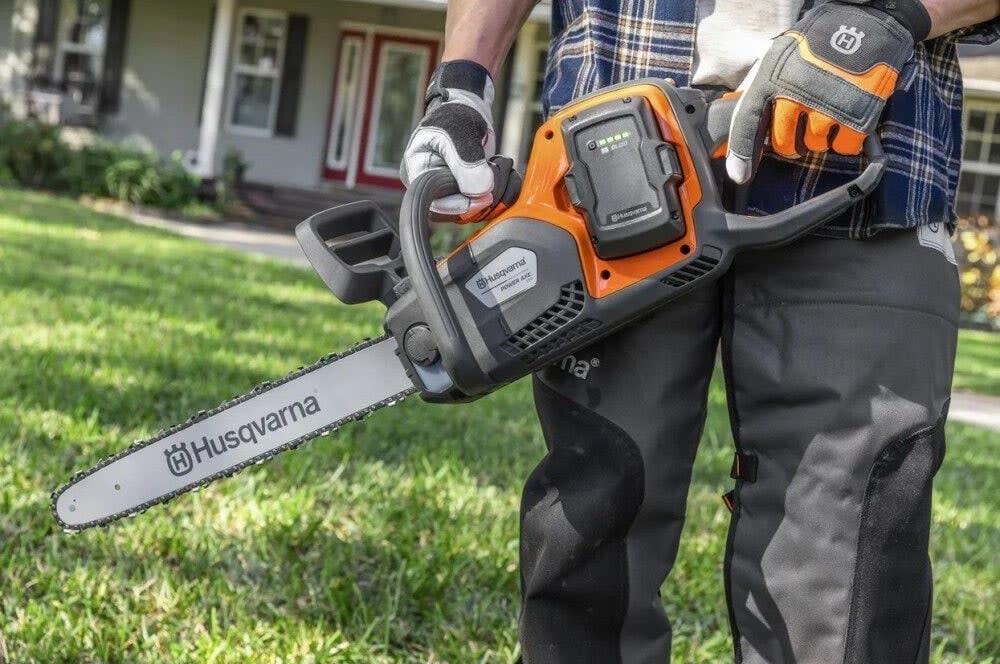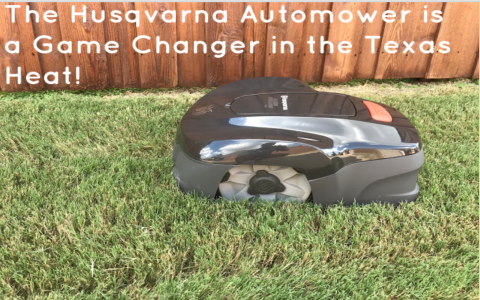Right, let’s talk about Husqvarna horsepower. I remember needing a new riding mower a couple of years back. My old one finally gave up the ghost, just completely kaput after years of hard service. My yard isn’t massive, but it’s got some tricky slopes and thick patches of grass that really bog down weaker machines.

So, I started looking around. Naturally, Husqvarna was on my list. Good reputation, generally solid stuff. I went online, checked out local dealers, you know the drill. And the first thing that jumps out at you? Horsepower. Every model listing screams it. 18 HP! 22 HP! 24 HP V-Twin! It felt like the main event.
I got pretty fixated on those numbers. I thought, well, my old mower struggled, so more horsepower must be the answer, right? Bigger number equals better cut, faster work. Simple. I spent a fair bit of time comparing spec sheets, almost ignoring other things like the deck size differences or transmission types. It was horsepower this, horsepower that. My neighbor chimed in too, “Gotta get the big V-Twin, more power!” Like it was some kind of lawn tractor arms race.
My Choice and First Runs
I ended up picking one with a pretty beefy horsepower rating for its class. Felt good making the purchase, thinking I’d conquered the problem. Got it home, gassed it up, felt ready to tame the wilderness that was my backyard.
First few mows? Yeah, it had power. It definitely didn’t bog down on the slopes like the old one. Chewed through the thicker grass okay. But here’s the thing I started noticing…
- The quality of the cut didn’t seem dramatically better just because of the engine power. Blade speed and deck design felt more important there.
- Maneuverability around my flower beds and trees was actually a bit worse because it was a slightly bigger machine overall to house that engine.
- Fuel consumption was noticeably higher. Makes sense, bigger engine drinks more.
What I Really Learned
After using it for a whole season, the big horsepower number started to feel… less important. It wasn’t unimportant, mind you. Having enough power to not stall on hills or in thick stuff is crucial. But was the extra couple of horsepower I paid for making a huge practical difference day-to-day compared to a slightly smaller, well-designed engine? Probably not for my specific yard.

It got me thinking. Focusing solely on peak horsepower was kind of misleading. It’s like just looking at the processor speed on a computer without considering RAM or the hard drive type. You need the whole package to work well together.
For that Husqvarna mower, things like the transmission type (hydrostatic is smooth!), the deck’s ability to lift and discharge grass cleanly, and the actual torque the engine delivered when under load felt way more impactful on the mowing experience than just that top-line HP figure.
So now, when I look at equipment, whether it’s Husqvarna or anything else, yeah, I glance at the horsepower. But I don’t obsess over it. I try to think about how the whole machine works together for the job I need it to do. Torque, build quality, ease of use, maintenance access – that stuff matters just as much, sometimes more. That horsepower figure? It’s just one piece of a much bigger puzzle. Learned that one the practical way.



